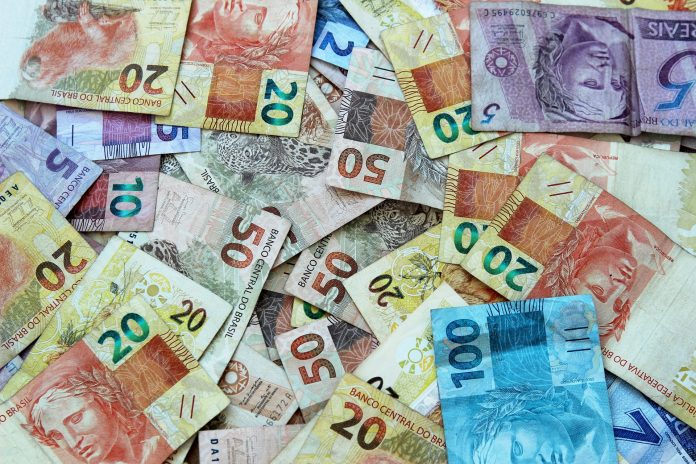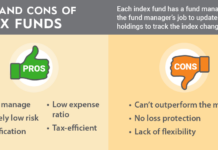While the current crisis that is the Coronavirus pandemic might have shattered lives, there are ways of turning a crisis into a fresh start financially. Whether the current pandemic has hit you or not, the below tips will help you plan your financials and start afresh.
Reassess Your Spending
In times of crisis, the first step is to reassess your spending habits and priorities. Your money should mostly cater to your needs, not wants. Needs are things you need to survive, like rent and utility bills. Discretionary expenses like restaurant and vacation expenses are mere wants.
The goal of reassessing your spending habits and priorities during a crisis is to know where your money goes. It’s also about confirming whether your money needs to go that particular expense or whether you need it for survival.
Get Rid Discretionary Expenses
During a crisis, one needs to reduce the amount of money spent on discretionary expenses. The ongoing Coronavirus pandemic, for example, has led to lower spending on non-essential expenses like meal takeouts and apparels.
One of the best ways to go about this is to comb through all your bank and credit card expenses for the last year. Use a spreadsheet to capture all the recurring payments like grocery shopping and non-recurrent ones like subscriptions and tax payments. Highlight all the discretionary and non-discretionary expenses for easy referral.
With this, you can easily narrow down what you don’t require to spend on and reduce it from your ongoing expenses.
Save
The money you get from reducing your expenses needs to go to your savings account. You can use it to build an emergency fund or huge future expenses like a downpayment for a home.
Financial advisors always recommend having an account with at least six months of your expenses. If your emergency fund is not fully funded, you can use the little that you save from your reduced expenses to fill it up. If you’re starting to save, here are eight steps that will help you save money daily.
Save the little money you have. You might have a job now, but you might lose your job if the economy does not improve in time. If you have savings, you’ll be well prepared for this.
Invest
If you can, invest, especially if you already have an emergency fund. However, it would be best if you took every investment during a crisis with a pinch of salt. During the Coronavirus pandemic, markets worldwide collapsed, with many investors selling their stocks and gold assets.
But that does not mean you cannot invest your money. If you still want to invest in stocks, buy stocks of companies in industries that rarely fit the markets’ hit. These include industries like healthcare, technology, and utilities. Also, ensure that you diversify your portfolio and not buy stocks from one sector only.
Buying during a crisis means you get the stocks at a discount, and when the markets start to pick up, your stocks will increase in value. You can also put your money in retirement accounts.
Assess Your Employment Options
If you’ve lost your job or have a few working hours, it’s time to reconsider other job opportunities. You can use this time to explore new career choices that you’ve wanted to try. Another option is to monetize your hobbies, like cooking, baking, photography, and art.
While you may still have your job, it does not hurt to update your CV and start looking for jobs. You can start by looking for jobs in a different industry, especially if you feel your current company is hit by the crisis and might not survive.
You can also negotiate for better working hours, like working from home. Many companies are starting to shift to remote working, which can help you save on transport and fuel expenses and commuting time. You can save or invest the saved money from this, or use the extra time to start a business or monetize your hobby.
Take It As A Learning Experience
Lastly, use the crisis as a learning opportunity, especially on personal finance. Whether you were prepared for the crisis or not, there are a few takeaways for everyone from the current pandemic.
The current pandemic must have taught you where your financial weaknesses are- from building emergency funds to budgeting and cutting down on expenses. Use these lessons to prepare for the future, because there’s always a crisis around the corner. The better prepared you are for the next one, the less stressful you will be; financially.










